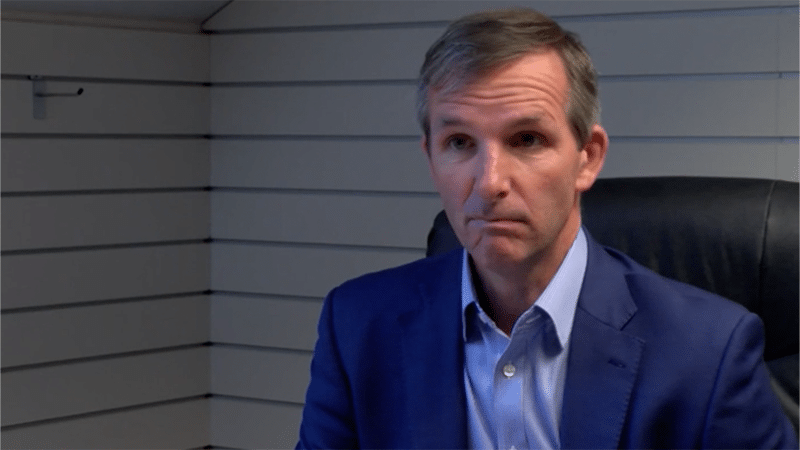Assisted suicide should be integrated into the hospice movement, Liam McArthur MSP has asserted.
The architect of Scotland’s ‘assisted dying’ Bill told delegates at Hospice UK’s annual conference in Glasgow that allowing vulnerable people to get help to kill themselves “aligns with the values of hospice care”.
In October, more than 30 specialists in palliative care criticised the charity’s decision to invite McArthur to address its conference, arguing that it compromised its ‘neutral’ stance on the issue.
Concerns
McArthur said: “Looking ahead, I want to see a Scotland where assisted dying is seamlessly integrated into a compassionate, inclusive framework for end-of-life care.”
In response to McArthur’s address, Hospice UK Chief Executive Toby Porter said: “Rigorous questions and challenges were raised by colleagues from a range of roles across the hospice sector”.
This included, he said, “the question of whether hospices would be expected to provide assisted dying, which is not clear in Mr McArthur’s Bill”.
Porter added: “Significant concerns raised also included the fundamental challenge that palliative and end of life care in Scotland and the UK is currently underfunded and not reaching everyone who needs it.”
Financial pressures
Hospice UK has expressed fears that taking a position on assisted suicide could impact funding. A spokesperson said: “We are of course concerned that a sector already facing such a difficult financial situation might lose support over what could be a highly polarising debate and campaign.”
The charity’s training on assisted suicide informs staff to “think carefully about how public positioning may impact fundraising” and highlights the possibility “of some loss of supporters of your hospice”.
Palliative care consultant Dr Amy Proffitt said hospices “worry that if they oppose legalisation, and the general public wants it, then people won’t donate”.
Another medic observed that hospices may be aware that “there is good evidence in Canada that if you refuse to provide ‘medical assistance in dying’ in your hospice, then you lose funding”.
Impact
A recent study by bioethicist Professor David Albert Jones found “clear evidence” of harm in the quality and provision of end-of-life care following the introduction of assisted suicide or euthanasia in other countries.
In his review, Prof Jones found that between 2012 and 2019 the 20 countries in Western Europe without assisted suicide increased funding for end-of-life care by 25 per cent.
During the same period in Belgium, the Netherlands, Luxembourg and Switzerland – countries where assisted suicide or euthanasia is legal – funding grew by just 7.9 per cent.
Prof Jones also cited “mounting evidence” that the pressure to facilitate assisted suicide was causing some palliative care doctors to leave the profession.
Conscience
Earlier this year, the Law Society of Scotland warned that McArthur’s Bill might be incompatible with the European Convention on Human Rights and mental health and capacity legislation.
In its response to the Scottish Parliament’s Health Committee’s call for evidence, the regulator noted that the Bill contains a section on medics’ rights to conscientiously object, but questioned whether the provisions were strong enough.
It stated: “Therefore, in its current form, we would question whether section 18 would protect a healthcare provider against litigation for failing to advise a patient of the reasonable treatment option of assisted dying or, indeed, refusing to participate in providing a patient with the means to end their life.”
The Society also noted that provisions for conscientious objection are stronger in the 1967 Abortion Act.

Scot Govt: ‘Assisted suicide Bill outside Holyrood’s powers’
Limited support for divisive Scots assisted suicide Bill
Legalising assisted suicide in Scotland would cross a ‘bright red moral line’


